The Call of the Mountains
Every journey begins not on the road, but in the heart. Mine began weeks before the motorcycle roared to life in Islamabad.
For months, I had been traveling across the Middle East and India. Each country had given me incredible memories—towering skyscrapers, vast deserts, bustling bazaars, and ancient monuments—but one thing was missing. Mountains.
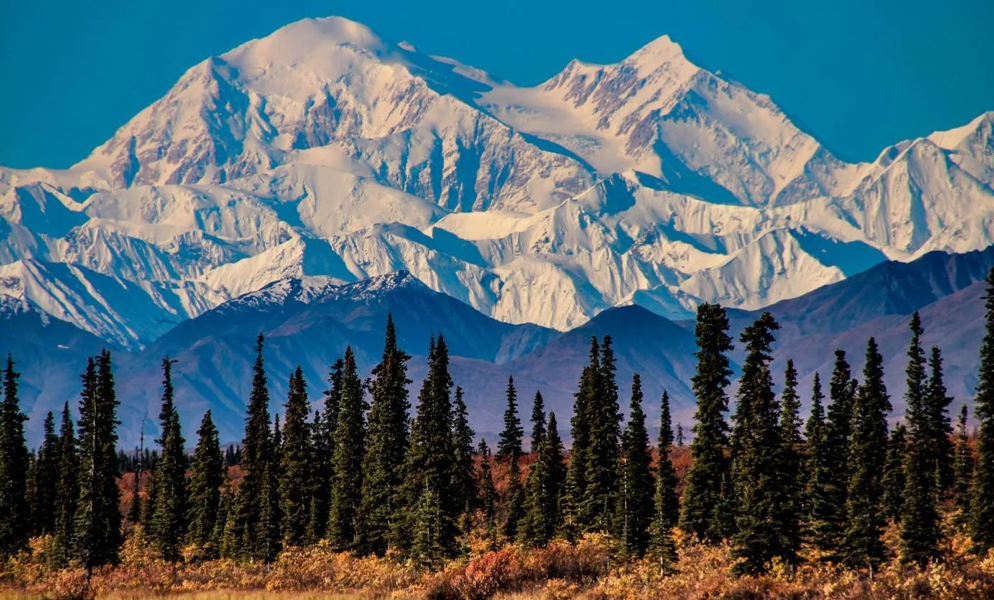
In the Middle East, the landscape stretched flat and endless, sand dunes rising like waves but never reaching the sky. In India, our itinerary had focused on cities—Delhi, Mumbai, Hyderabad—magnificent places, but far from the Himalayas in the north. I remember sitting in hotel rooms some nights, scrolling through old photographs of my earlier Pakistan tours: valleys cradled in snow, pine forests whispering in the wind, and winding roads carved into hillsides. Something inside me ached.
So when I finally returned to Pakistan, I knew what I needed to do. The north was calling.
This time, I wanted to revisit not just the famous places I’d already shown my viewers—Naran, Hunza, Skardu—but also explore new corners. To set off without a rigid plan, to let the road decide. Even if it was just a two- or three-week trip, I wanted it to feel like rediscovering home.
And so, the journey began.
Companions of the Road
Traveling alone has its charm, but I’ve always believed some journeys are richer when shared. For this adventure, I wasn’t alone.
Ali Ahmed, a dear friend, rode alongside me. Our friendship had grown on roads like these. We’d toured together two years ago, and ever since, I had known that Ali was one of the few companions I could share any ride with—no matter how long, how rough, or how uncertain. Travel companions are not just about sharing food or splitting hotel bills; they are about trust, patience, and laughter during the most unexpected moments. Ali had all of that.
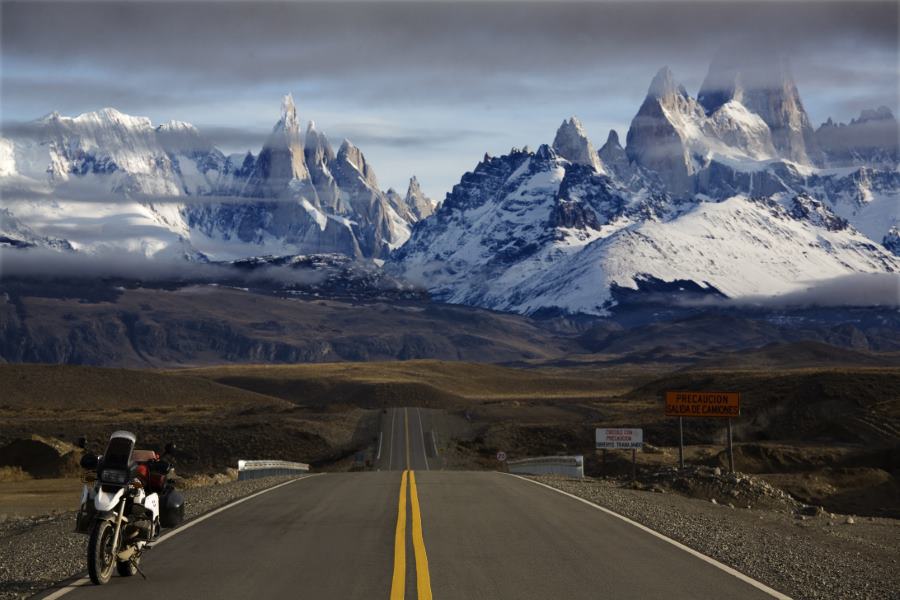
I thought about my India tour, when I traveled with Karthikeyan. He had been shy and quiet, the kind of companion who spoke little but whose company spoke volumes. Now, with Ali, the vibe was different—more chatter, more banter, more of that familiar Pakistani humor that fills the air when friends hit the road together.
And then there was Atiq. He wasn’t joining us for the full tour, but he was determined to meet us for breakfast at Monal. A reunion long overdue. For years, every time I visited him in Islamabad, Monal had been closed for some reason. But not this time.
Three friends, three motorcycles, and the promise of mountains.
Packing Up, Saying a Prayer
The night before departure, I had stayed at a guest house in Islamabad called Comfort Lodge. It was a simple but cozy place in the G-6 sector. The streets outside were quiet when we strapped our luggage onto the bikes in the morning. I was using a new luggage system for the first time—hard panniers instead of soft bags—and I fumbled a little, adjusting straps and checking locks twice. I knew it would take a few days to get used to.
Standing beside the motorcycles, I whispered a prayer.
“Allah, please make this day, this journey, and this tour a memorable and problem-free one for us.”
I always feel a bit anxious on the first day of a trip, especially after a long break. It doesn’t matter if it’s a weekend ride or a month-long journey abroad—the first day always carries a mix of thrill and nervousness. But it’s that very thrill that makes travel worth it.
With helmets on, engines rumbling, and spirits lifted, we set off.
The Ride to Monal
Islamabad is unlike any other city in Pakistan. Built at the foot of the Margalla Hills, it has an unusual calm compared to the noise and chaos of Karachi or Lahore. Having lived here for five years during my university days (2003 to 2008), I always feel a nostalgic pull when I return.
Within fifteen minutes of leaving G-6, the road began to twist and climb into the Margallas. The ride was exhilarating. The asphalt ribboned up the mountain in sharp curves, perfect for motorcycles. To our right, the city stretched out like a green-and-grey carpet; to our left, the forested hills rose higher and higher.
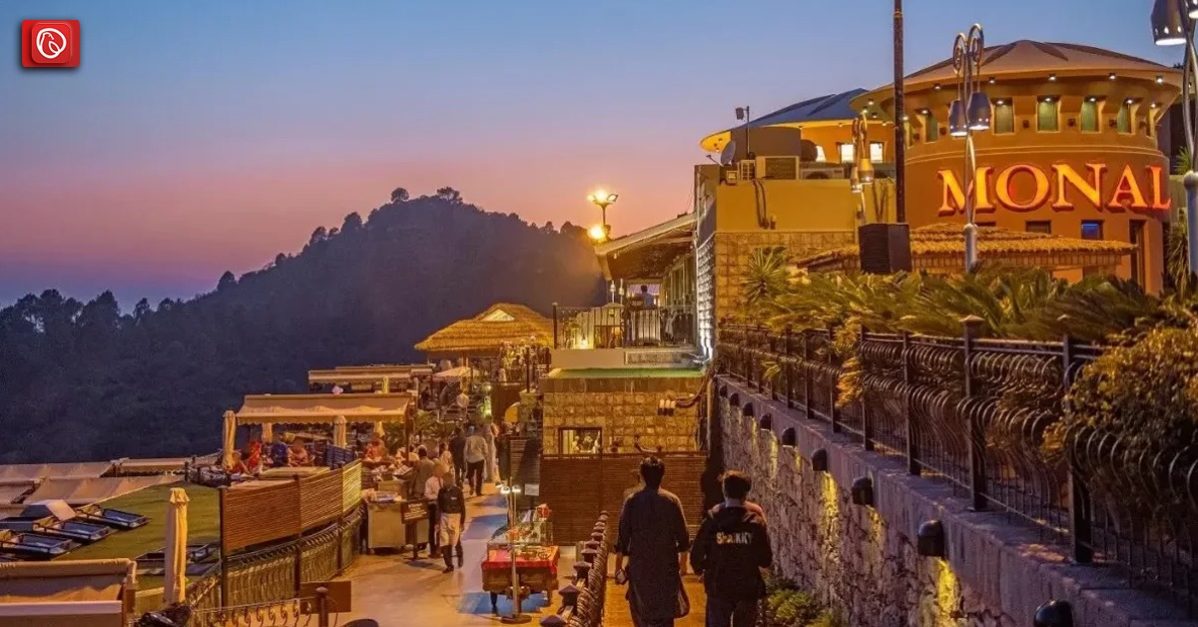
It felt like entering another world, one where concrete gave way to pine, where honking horns were replaced by birdsong.
By the time we reached Monal, the morning sun had softened, and a cool breeze greeted us.
Breakfast in the Clouds
Monal is not just a restaurant; it’s a symbol of Islamabad. Perched high on the Margalla Hills, it offers sweeping views of the city below. Every weekend, hikers climb up here for the reward of food and fresh air. For me, this was a first.
The table was laid with two options: a continental breakfast or a desi one. I couldn’t resist the desi spread.
A golden cheese omelette sat beside bowls of chickpea curry, spiced potatoes, and halwa. Piping hot puris puffed up like balloons, while flaky parathas gleamed with ghee. Atiq ordered his favorite lassi, thick and creamy, while I settled for fresh juice. Tea and coffee were also available, but honestly, the food itself was enough to wake me up.
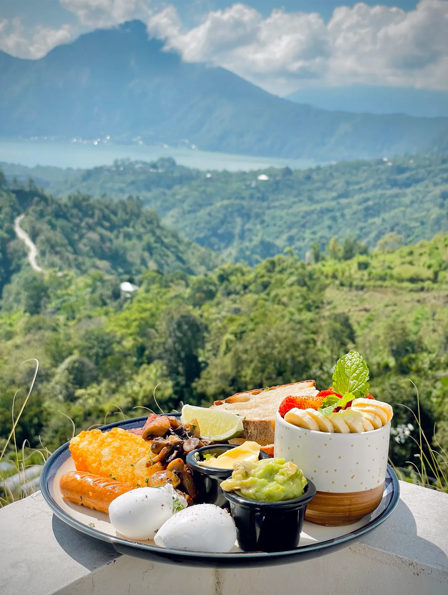
The bill came to around PKR 1600—a fair price considering the quantity, the taste, and above all, the view. As we ate, the temperature difference was striking. Down in the city, we had been sweating in the October sun; up here, the air was cool enough to make us shiver slightly.
“This,” I thought, “is Islamabad’s secret gift. A half-hour ride, and you’re in another climate.”
We laughed, talked, and filmed. Atiq reminded us how many times he had tried to bring me here before. It felt like a small victory that it had finally happened.
With stomachs full and hearts light, we mounted our bikes once again, following Ali’s lead into unfamiliar routes.
Into the Heart of Khyber Pakhtunkhwa
The road wound northwards, carrying us into Khyber Pakhtunkhwa province. Villages lined the route, their mud-brick houses painted in blues and whites, smoke rising gently from morning fires. Farmers worked in fields of maize and vegetables, waving at us as we passed.
The road narrowed, bending tightly around hillsides, and required full concentration. A large bus appeared suddenly around a blind curve, forcing us to hug the edge of the road carefully. But such challenges are part of the thrill—every turn demanding focus, every climb rewarding us with new views.
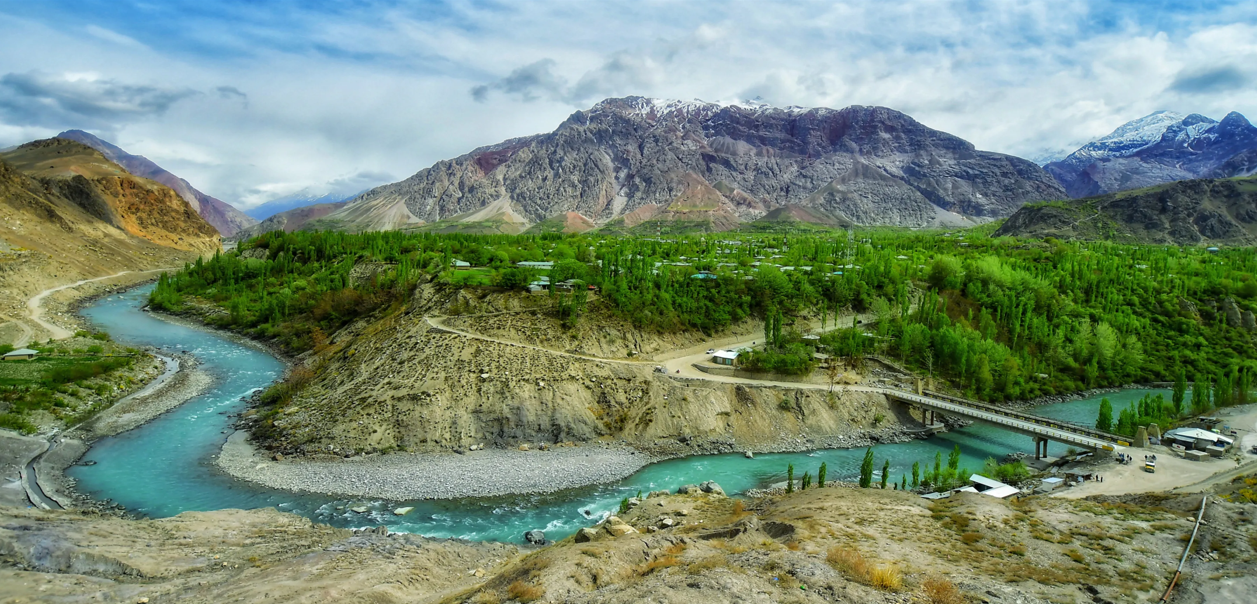
And then came the waterfall.
Far below, shimmering in the sunlight, Sajikot Waterfall thundered into a pool of turquoise water. We stopped to take in the sight. Waterfalls always feel like hidden treasures, their sound filling the air with power and serenity at once.
Locals passing by greeted us with the warm “Assalam Alekum.” One man even stopped to admire our riding gear and motorcycles. His smile carried the pride of the mountains.
Choosing the Scenic Road
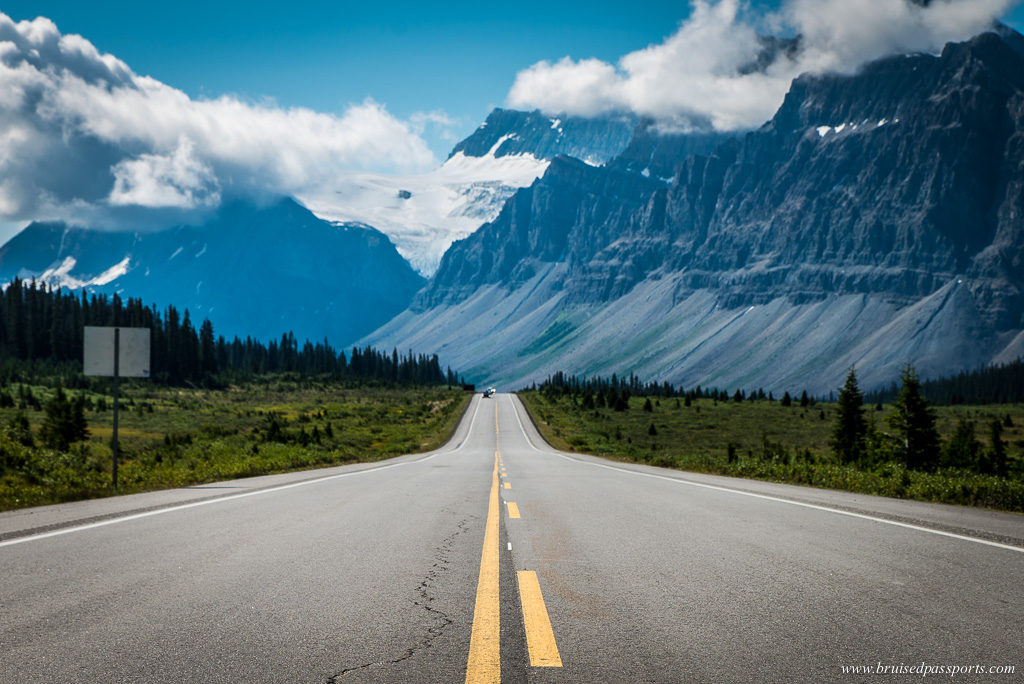
Not long after Sajikot, we came to a fork. One road led towards Abbottabad via Havelian; the other towards Kala Bagh and Nathiagali.
“The Kala Bagh road is more scenic,” Ali said. “It’ll take 20–25 minutes longer, but the views are worth it.”
That was an easy decision. Time is rarely wasted in the mountains.
We turned towards Kala Bagh, and the scenery transformed almost instantly. Dense forests enveloped the road, their leaves shimmering with droplets from the afternoon drizzle. Mist hung low, giving the entire place a fairytale quality.
The weather shifted once more. In just a few hours, we had experienced hot sun, cool breeze, cloudy skies, and now rain. But that’s the beauty of Pakistan’s north—four seasons in a single day.
Nathiagali: Among the Pines
As we climbed towards Nathiagali, the air grew colder. Jackets zipped up, gloves tightened, we rode into the heart of the forest.
Nathiagali is famous for its tall deodar pines and its mischievous monkeys. Tourists flock here on weekends to picnic, hike, and simply breathe air that smells of resin and rain. Sure enough, we saw monkeys along the roadside, attracting crowds of people who fed them peanuts and fruits. Children squealed with delight, while parents snapped photographs.
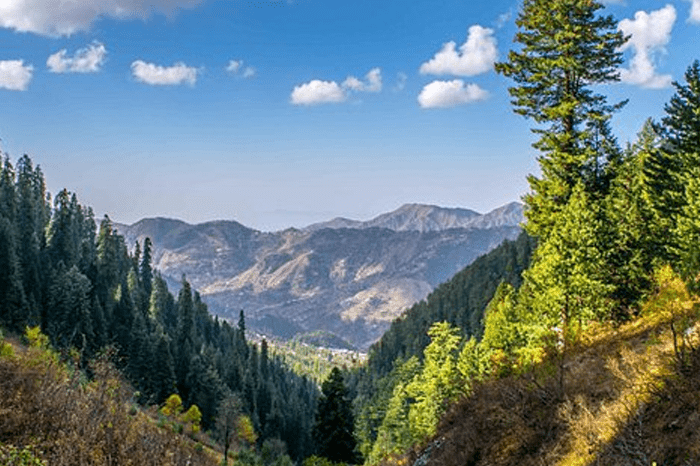
We stopped briefly, soaking in the atmosphere. Ali told me how often he had visited here, while for me, it was a first. That’s the joy of having a local guide—you ride with someone who already knows the turns and shortcuts.
But time was slipping. We still had to reach Abbottabad and beyond before nightfall. So, reluctantly, we pressed on.
Abbottabad: The City of Pines
Abbottabad has always held a unique place in Pakistan’s collective imagination. Known for its pleasant climate, military academy, and as a gateway to the north, it blends colonial history with natural beauty. The British once called it “the city of pines,” and though urban sprawl has grown, patches of those pines still remain.
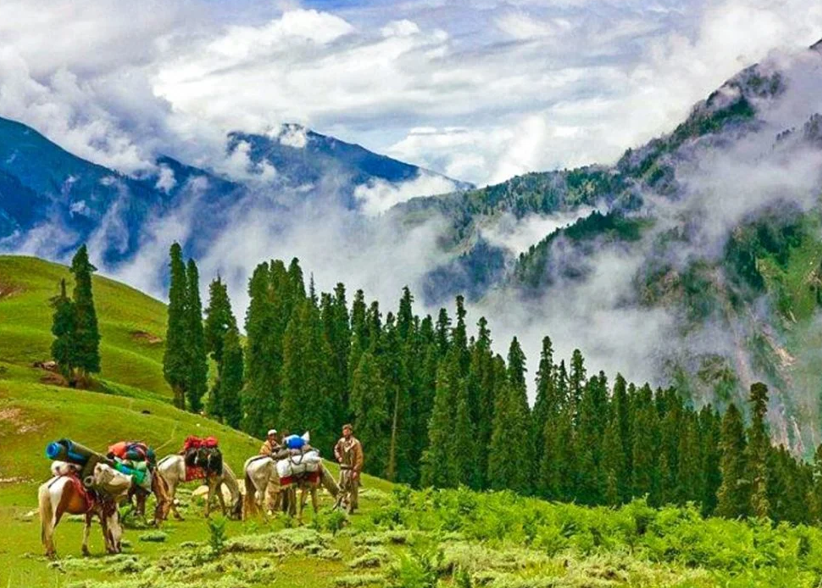
Our first destination in Abbottabad was the historic Ilyasi Mosque. Built in 1932, the white-domed mosque is the largest in the city, with space for ten thousand worshippers. Nestled beside a natural stream, it carries a sense of timelessness. Generations have prayed here, travelers have rested here, and today, it welcomed us.
Beside the mosque lies a food street that is as famous as the mosque itself—for pakoras.
The Famous Pakoras of Ilyasi Mosque
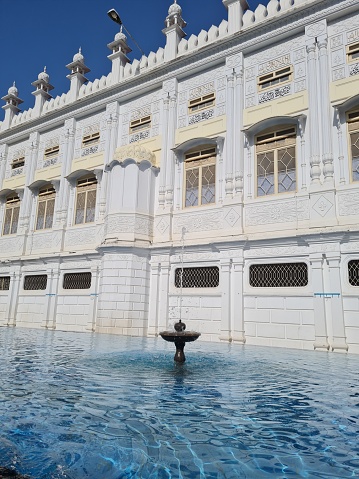
If Abbottabad is remembered for its pine trees, its cool weather, and its colonial-era architecture, it is equally remembered for something far simpler: pakoras. And not just any pakoras—the ones sold beside the historic Ilyasi Mosque.
The mosque itself stood before us in whitewashed serenity, its domes gleaming faintly in the late afternoon light. Built in 1932, it remains the city’s oldest and largest mosque, with a capacity to hold ten thousand worshippers. Its history whispers through its stones; built beside a natural stream, it once served as a gathering place not just for prayer but for community life. To this day, the stream still flows gently beside it, a reminder of how life and water are forever intertwined.
But for travelers like us, the mosque is only half the story. Just steps away begins a food street famous throughout Hazara Division. For decades, pilgrims, tourists, and locals alike have stopped here, not only to pray but to eat—their reward being hot, fragrant pakoras, crisped to perfection and served with chutney that locals swear has no rival.
Meeting the Vendors
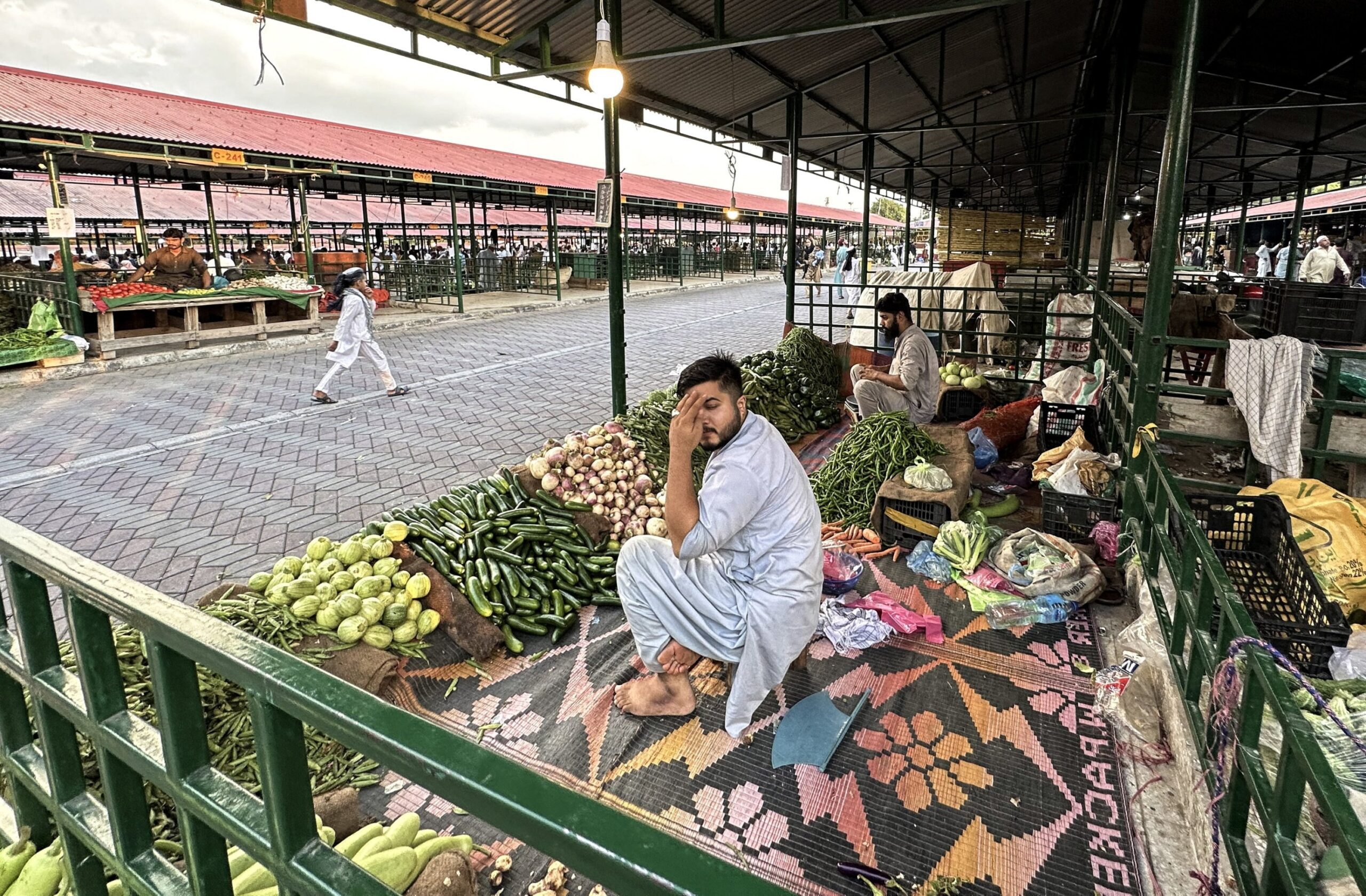
We parked our motorcycles, the engines ticking softly as they cooled, and walked toward a row of stalls. Oil sizzled in giant woks, releasing an aroma that seemed to pull us in by the nose. The scent was unmistakable—gram flour batter meeting hot oil, spiced with chili, cumin, and coriander. It carried the promise of comfort, of warmth, of something timeless.
At one stall, an elderly vendor with kind eyes and a weathered face greeted us. His name was Asad. When I asked him about the shop’s history, his reply surprised me.
“This is the oldest pakora stall here,” he said, his voice steady with pride. “When this was first set up, there were no other shops in this area. No houses, no market, nothing. Only this stall, and the mosque.”
It was hard to imagine. Today, the street bustled with shops, tea houses, and families crowding the pavements. Children tugged at their parents’ sleeves, eager for snacks, while tourists clicked photos against the mosque’s white backdrop. And yet, listening to Asad, I pictured a quieter Abbottabad, where perhaps this single stall by the mosque was the only beacon for tired travelers.
Tasting History on a Plate
We ordered a plate. Within moments, a heap of pakoras arrived before us, golden and steaming, each piece irregular in shape but perfect in its imperfection. They were crisp, the batter fried to a delicate crunch, while inside the potatoes and onions remained soft and warm.
But what truly elevated the dish was the chutney. I asked Asad about it.
“It’s made from amchur,” he explained. “That is dried raw mango. We grind it and mix it with spices and salt. It gives the sourness you’re tasting.”
I dipped a pakora into the chutney and took a bite. The tang hit instantly—sharp yet refreshing—cutting through the richness of the fried batter. It was unlike any chutney I’d had elsewhere. The flavor was bold, alive, unforgettable.
Ali, sitting beside me, closed his eyes with the first bite. “This is what Abbottabad tastes like,” he said.
And he was right. Food often becomes the flavor of a place. For Abbottabad, it wasn’t fancy restaurants or multi-course meals—it was these pakoras by Ilyasi Mosque, handed over in paper plates, eaten while standing or sitting on a bench, watching the world go by.
Encounters Over Pakoras
As we ate, the people of Abbottabad reminded me why I love traveling here. A young man named Faizan approached, shy at first, but smiling broadly when he introduced himself.
“Are you Abrar?” he asked.
“Yes,” I replied, shaking his hand.
“I’m a huge fan. Please, don’t leave without having tea with us.”
I laughed. “We’re already late for our next stop.”
But he insisted, “No, no, you must. Just one cup.”
Hospitality in the mountains is never negotiable. It is offered from the heart, and refusing feels impossible. We promised him that next time, we’d sit longer.
Then came another family—Gul Nadeem from Peshawar, with his two young sons, Arifeen and Tashfeen. Their eyes lit up when they saw me. “We watch your travels!” they said, their voices filled with the excitement of meeting someone they had only seen on a screen. Moments like this humble me deeply. To think that my journeys inspire others, that families share them together—that is a reward greater than views or numbers.
The pakoras, delicious as they were, had become more than food. They had become the backdrop for connection.
Pakoras as Memory
Even now, when I think of Abbottabad, the first image that comes to mind is not its pine forests or colonial houses, but that plate of pakoras beside the mosque. The crunch, the tang of amchur chutney, the chatter of friends, the greetings of strangers—it all fuses into one memory.
Every city has a taste. Lahore might be remembered for its nihari and paye, Karachi for its biryani, Peshawar for its chapli kebabs. For Abbottabad, it is the pakoras of Ilyasi Mosque. To miss them is to miss the city’s soul.
As we licked the last traces of chutney from our fingers and prepared to ride on, I felt grateful—not just for the food, but for the story it carried. These pakoras were not mere snacks. They were history fried in oil, flavored with memory, and served with hospitality.
And with that taste still lingering, we revved our bikes, ready for the road ahead to Balakot.








